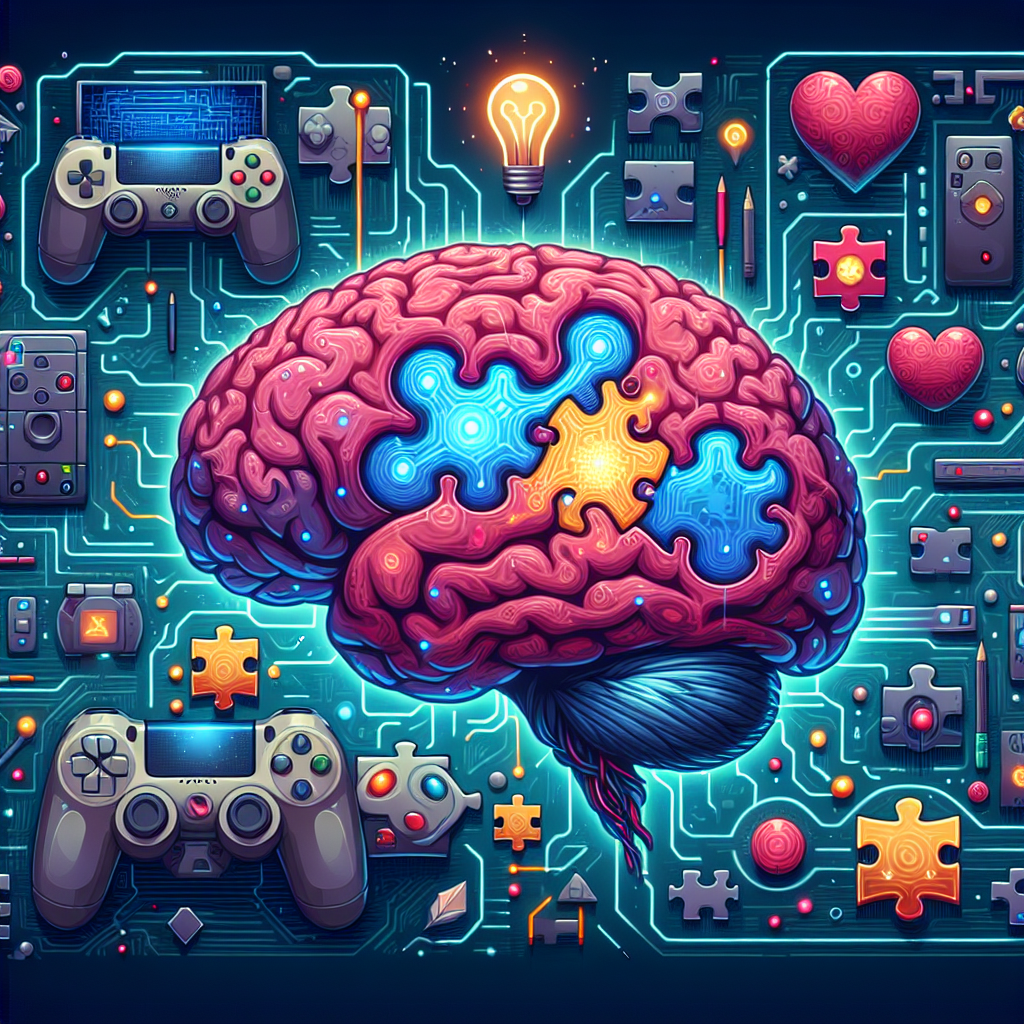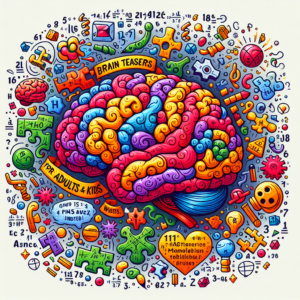
Introduction: Video Games & Cognitive Development
Video games have evolved significantly since their inception, transforming from simple entertainment into intricate experiences that demand cognitive engagement. Their impact on cognitive development is a subject of growing interest among researchers. With the right balance, video games can serve as valuable tools for enhancing mental abilities, offering opportunities for learning, growth, and creativity.
Benefits: Problem-Solving, Memory, Attention Span
One of the most notable advantages of video gaming is the enhancement of problem-solving skills. Many games present players with challenges that require critical thinking and strategic planning, allowing players to develop their analytical abilities. This engagement can translate to real-world problem-solving as players learn to navigate complex situations.
Moreover, action games often improve memory by training players to remember maps, patterns, and strategies crucial for success. Research has shown that playing video games can enhance working memory, which is integral for academic and everyday functioning.
Additionally, video games can significantly boost attention span. The requirement to focus on multiple elements, such as characters, objectives, and enemies, fosters selective attention and enhances the ability to concentrate amidst distractions.
Types of Games: Puzzle, Strategy, Action Impact
The type of game played can yield different cognitive benefits. Puzzle games, such as “Tetris” or “Candy Crush,” can enhance spatial awareness and problem-solving skills, encouraging players to think critically about their moves. Strategy games, like “Civilization” or real-time strategy titles, require long-term planning and resource management, promoting strategic thinking and foresight.
Action games, which often involve fast-paced environments, can improve reaction times and visual attention. These games require players to process information quickly and make immediate decisions, honing their cognitive agility.
Age Factor: Kids vs. Adults’ Brain Response
The neurological effects of video games can vary between children and adults. Studies suggest that children, whose brains are still developing, may experience more pronounced benefits in cognitive function through gaming, specifically in areas like spatial awareness and problem-solving skills. On the other hand, adults may utilize gaming as a means to maintain cognitive skills and reduce cognitive decline.
However, the age factor also necessitates a conversation regarding content suitability. Younger players may be more susceptible to the effects of violent or inappropriate content, making it crucial for guardians to monitor gameplay.
Risks: Addiction & Time Management
Despite their benefits, video games also come with risks. One significant concern is gaming addiction, which can lead to unhealthy lifestyles and diminished academic performance. The immersive nature of games can result in players losing track of time, impacting responsibilities and social relationships.
Furthermore, poor time management skills can arise when gaming consumes a substantial portion of an individual’s day, leading to negative outcomes in various aspects of life, including physical health and interpersonal connections.
Conclusion: Balanced Gaming for Mental Growth
In conclusion, video games hold significant potential for fostering cognitive development when approached with balance and responsibility. By promoting critical thinking, enhancing memory, and improving focus, video games can be an asset to mental growth. However, it is essential to strike a balance to mitigate risks such as addiction and poor time management. Ultimately, with mindful engagement, video games can serve as a stimulating platform for cognitive enhancement across all ages.


